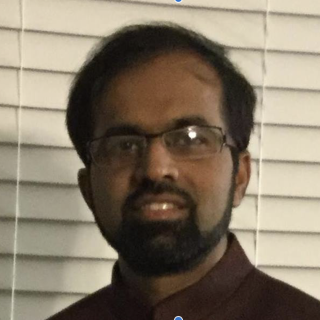
As the U.S. population ages, it poses many challenges to the healthcare system. There are approximately 50 million people over the age of 65, according to the 2016 Census Bureau report. This will continue to increase with a projected estimate of around 98 million in this age group by 2060. (1) The reason for increased longevity partly comes from dramatic transformations in medical research, science, and technology with more diagnostic and treatment modalities.
As we age, our organs, tissues, and cells also age. Decreases in cardiac output, increases in blood pressure, the development of arteriosclerosis, decreased lung capacity, declines in creatinine clearance/kidney function and altered drug metabolism are all examples of physiological changes that occur with aging. With advanced medical care, people will be living longer but with more chronic medical conditions and disabilities. Heart disease, cancer, lung diseases and stroke are among the leading causes of death in the United States. (2)
Medicare is the largest medical insurance provider for older adults. Eight out of 10 people who died in 2014 had Medicare. (3) Medicare expenditures in the last year of life account for approximately one-fourth of an individual's lifetime spending and totaled around $205 billion in 2011. (4) Inpatient hospital care was the largest percentage of Medicare spending in beneficiaries over the age of 66 in 2011.
Current medical care can extend the dying process but may not always result in desired outcomes with regards to functional quality of life and fulfilling patients' preferences. A majority of Americans prefer to die at home but less than a quarter actually do. Patients' preferences in regards to treatments are not carried out because of a lack of advance care planning. Advance directives help healthcare providers and patients' families make the right decisions for patients in accordance with their goals, values and preferences. Many of the healthcare providers are not comfortable carrying out end-of-life discussions.
Despite the increase in the aging population, our healthcare system is not yet in a position to face the challenges presented by geriatric patients. One of the challenges is the lack of a healthcare workforce. The primary care system is not well-equipped or in some cases, willing, to cater to the medical needs of older adults. Unfortunately, older adults are the ones who need primary care the most because of chronic medical conditions and geriatric/age-related syndromes.
Do we have enough geriatric-trained physicians to face this healthcare crisis? According to data compiled by the American Geriatrics Society's Geriatrics Workforce Policy Studies Center (GWPS), there will be a need for 30,000 geriatricians by 2030. There are around 7,300 certified geriatricians currently in practice. (1) The geriatric specialty is not compensated well in comparison to other specialties, despite the value and healthcare cost reduction it brings. Geriatric training is different from primary care; it adds many skills, including management of age-related syndromes, team-based approaches, and end-of-life/palliative care/advanced care planning discussion.
It is high time to prepare the healthcare workforce for America's aging society. The geriatric specialty should be incentivized by healthcare systems, as well as insurance companies. Residency and fellowship programs should have basic geriatric and palliative care curriculums and training. This will help enhance effective care delivery to older adults.
References
- Ahmed FA. Kidney Disease in Elderly: Importance of Collaboration between Geriatrics and Nephrology. Aging Dis. 2018;9(4):745-7.
- Heron MP. Deaths: Leading causes for 2016. 2018.
- Statistics NCfH. Health, United States, 2015: with special feature on racial and ethnic health disparities. 2016.
- Aldridge MD, Kelley AS. The Myth Regarding the High Cost of End-of-Life Care. Am J Public Health. 2015;105(12):2411-5.
Faheemuddin Ahmed, MD is triple board-certified physician in Internal Medicine, Geriatric Medicine and Nephrology. His primary interests are hospitalist medicine, geriatric nephrology and palliative care.







